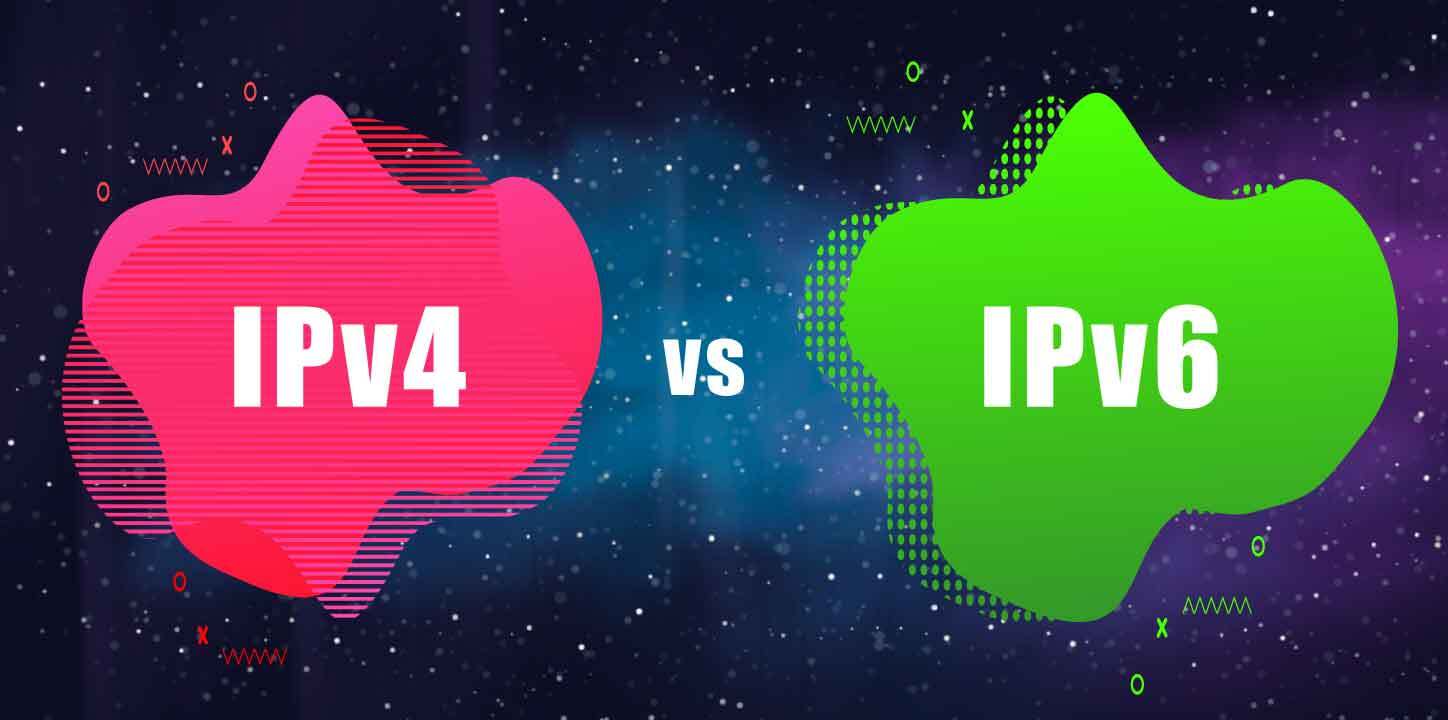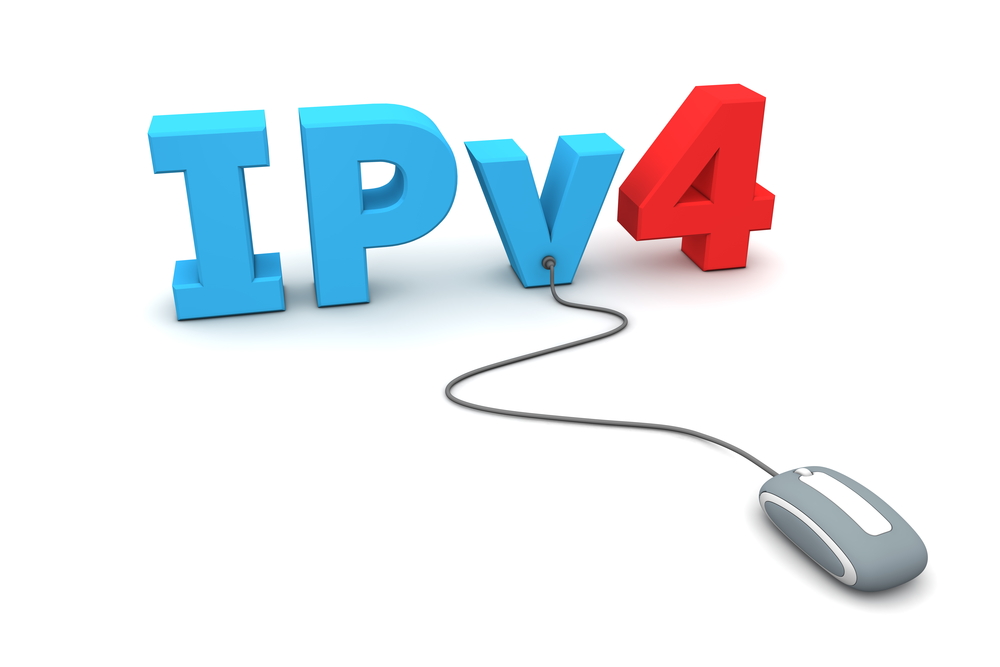What is my IP(adreess)?
Every time you connect to the internet, you're assigned a unique identifier known as an IP address. This identifier is what allows devices to communicate with each other on the internet, and it's necessary for accessing websites, sending emails, and performing countless other online activities.
IP stands for Internet Protocol, and it refers to the set of rules that govern how data is transmitted over the internet. An IP address, on the other hand, is a numerical label assigned to each device that connects to the internet. It consists of a series of numbers separated by periods or colons, depending on the version of IP being used.
There are two primary versions of IP addresses in use today: IPv4 and IPv6.
What is IPV 4:
IPv4 addresses are made up of 32 bits and are expressed in four groups of numbers separated by periods. For example, an IPv4 address might look like this: 192.168.1.1. IPv4 addresses are used by the vast majority of devices on the internet today, but they're limited in number and are becoming increasingly scarce.
What is IPV 6:
IPv6 addresses, on the other hand, consist of 128 bits and are expressed in eight groups of hexadecimal numbers separated by colons. IPv6 addresses provide a virtually unlimited number of unique identifiers, making them ideal for the growing number of internet-connected devices in the world today.
Where wo get IP Adress?
Why IP Adress is used?
IP addresses are assigned by Internet Service Providers (ISPs) and can be either dynamic or static. Dynamic IP addresses change each time a device connects to the internet, while static IP addresses remain the same over time. Most internet users are assigned dynamic IP addresses by their ISPs, but some ISPs offer static IP addresses as an option.
Knowing your IP address can be useful for a variety of reasons. For example, if you're experiencing connection issues, checking your IP address can help you determine if the problem is with your device or your internet connection. You can also use your IP address to set up remote access to your device, allowing you to access it from anywhere in the world.
Security is another important reason to know your IP address. By monitoring your IP address, you can detect and prevent unauthorized access to your device or network. You can also use your IP address to whitelist or blacklist certain websites or services, giving you greater control over your online experience.
Security is another important reason to know your IP address. By monitoring your IP address, you can detect and prevent unauthorized access to your device or network. You can also use your IP address to whitelist or blacklist certain websites or services, giving you greater control over your online experience.
In Conclusion,
IP address is a crucial component of the internet infrastructure that allows devices to communicate with each other. Understanding the basics of IP addresses can help you troubleshoot connection issues, set up remote access, and enhance your online security. Whether you're a casual internet user or a seasoned IT professional, knowing your IP address is an essential part of navigating the online world.








0 Comments